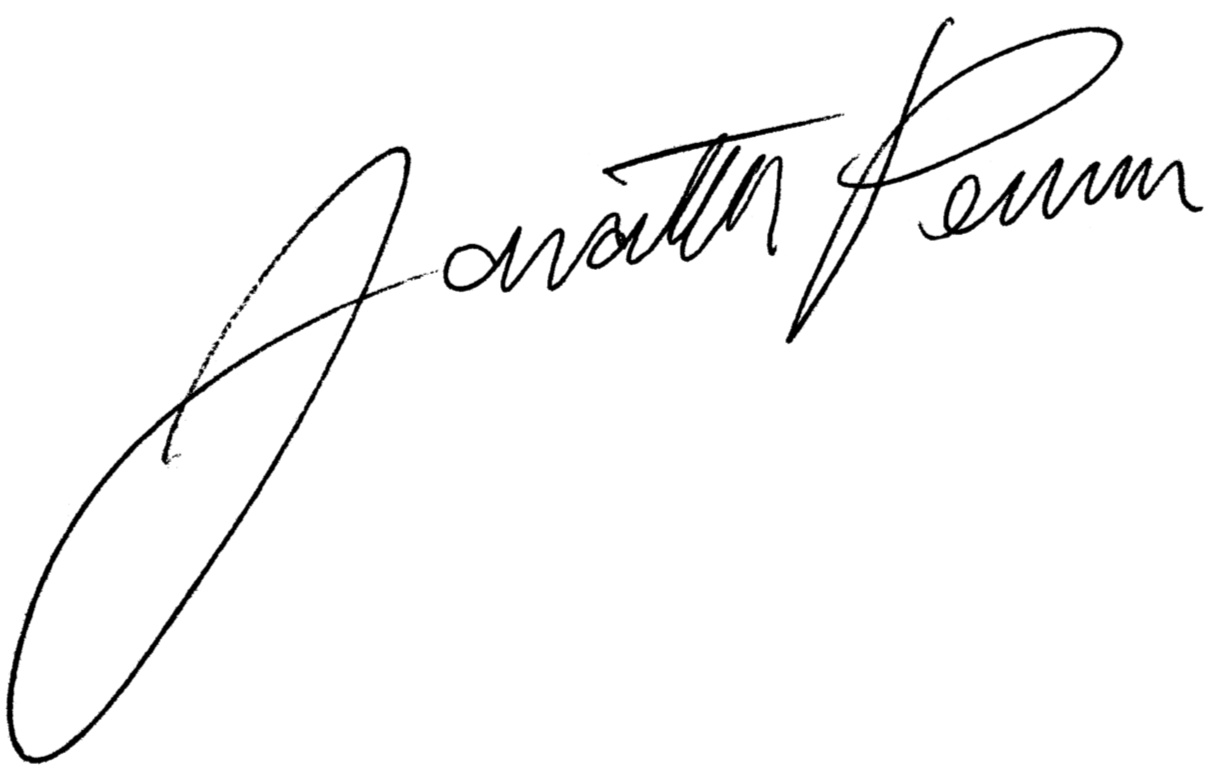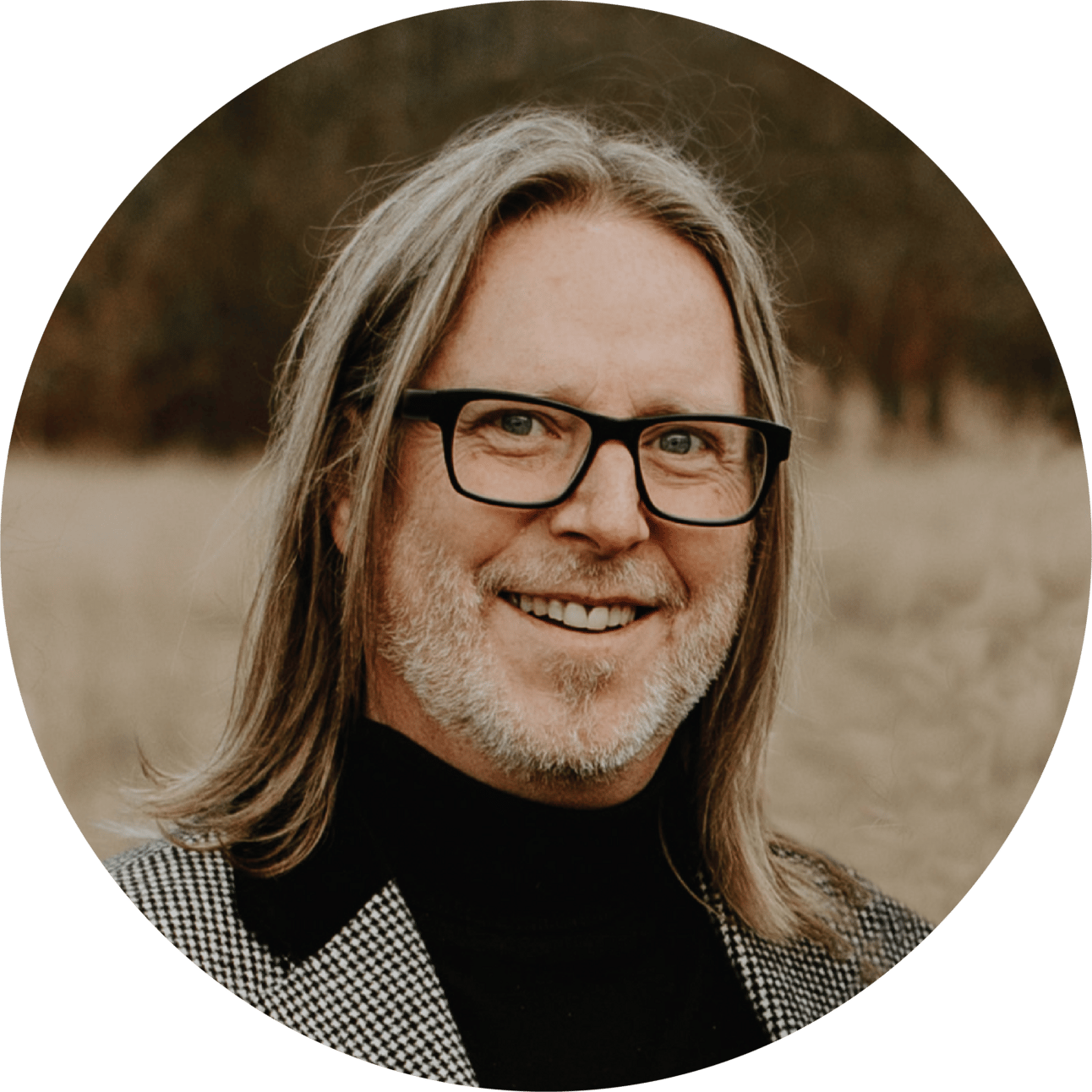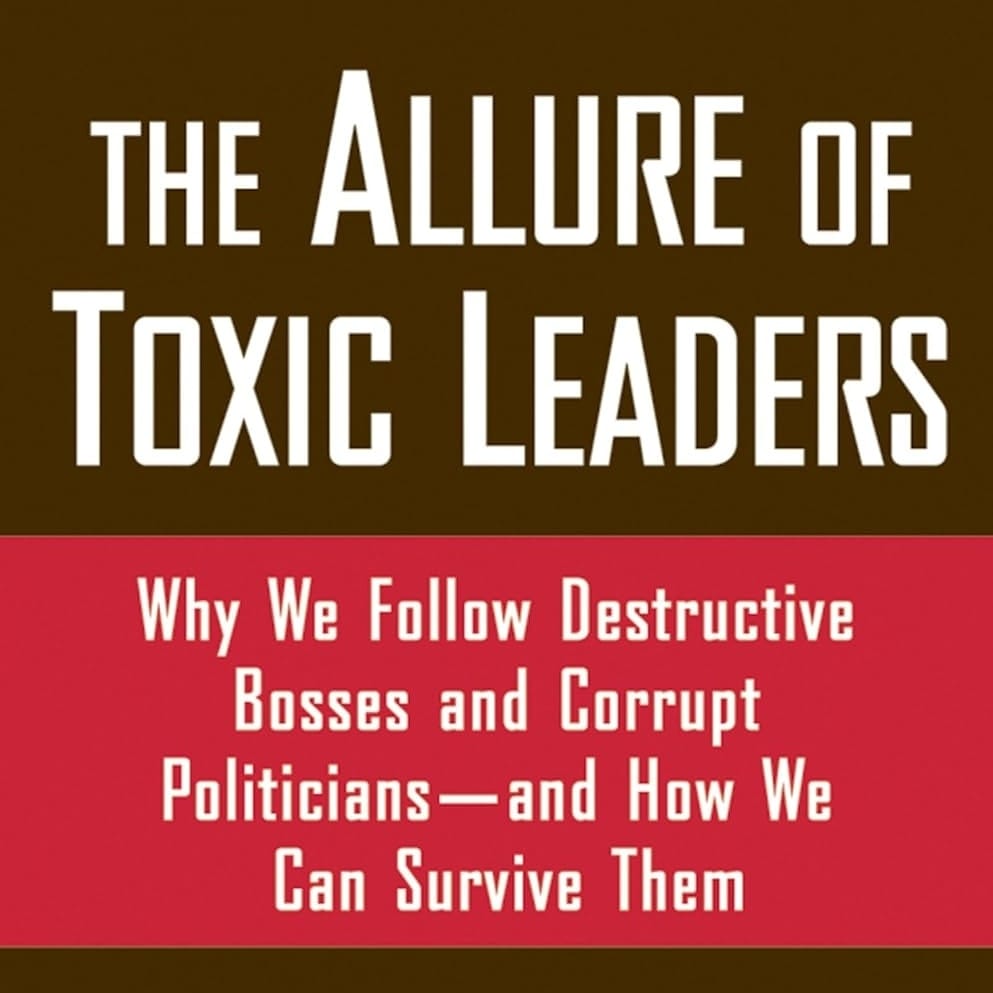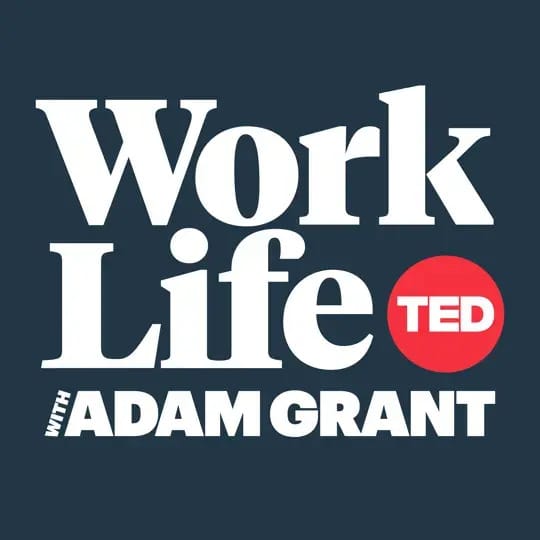When Power Masquerades as Love
Last week, my son was visiting a family in Medellín, Colombia. During dinner, someone began describing how, when they were a child, many of the poorest families once saw Pablo Escobar as a kind of hero.
At the time, they said, people in their neighborhood felt ignored and mistreated by the government. Escobar, for a while, seemed to be fighting for them—building homes, feeding families, giving away money. As a boy, he remembered looking up to Escobar as an unstoppable man—powerful, wealthy, adored—someone who was finally standing up for “the people.”
Now, at twenty-six, he said there’s no question in his mind that what Escobar did was horrific. But he could still remember how easy it was, as a child, to mistake power for goodness, or defiance for love.
When Loyalty Clouds Our Vision
Later that day, I came across a friend’s post on Facebook describing the dehumanizing actions of a well-known leader—behaviors that weren’t hidden or rumored but publicly displayed. What caught my attention wasn’t the leader’s behavior, but the responses that followed.
Dozens of people brushed it off and insisted, “But he truly cares about the people.”
As I read the comments, I was reminded of Maya Angelou’s wisdom: “When someone shows you who they are, believe them.”
And yet, so often, we don’t.
When Belief Overrides Reality
A few days later, I was talking with a friend who’d been hurt for years by a parent—belittled, shamed, emotionally bruised. Then they said, almost automatically, “But you know, my dad really is a godly man.”
Normally, I might have nodded and moved on. But this time I asked, “What does that mean to you?”
They told me he was a devout Christian and could quote scriptures inside out.
So I asked gently, “If God, as the Christian scriptures describe, is love—then wouldn’t a ‘godly man’ be someone whose life radiates that love? Someone marked by kindness, humility, and respect for others’ boundaries?”
Silence. Then a long exhale—the sound of truth landing.
The Science of Our Blind Spots
Psychologists have long studied why we so often misread people—not because we’re naive, but because our minds are wired for trust, belonging, and meaning. Those same instincts that make connection possible can also make deception hard to see.
Malcolm Gladwell, in Talking to Strangers, describes something called the truth-default bias—our built-in tendency to assume people are telling the truth. It’s what once made civilization possible. Villages, trade, and cooperation all depended on a baseline of trust. Without it, society would collapse under paranoia.
But here’s the paradox: even in an age defined by fear, division, and misinformation, we still default to belief. We trust first, even when our bodies tell us not to. Gladwell points out that this is both our greatest strength and our greatest weakness. It allows connection with others—but it also makes us susceptible to deception, especially when charisma or power is involved.
Layered on top of that is the halo effect—the psychological phenomenon where one admirable trait (like charm, confidence, or piety) casts a glow that hides flaws or cruelty. Someone’s confidence convinces us they must be competent. Their moral language convinces us they must be kind, even though their behavior says otherwise.
And then comes the moral credential effect, identified by psychologists Benoît Monin and Dale Miller. Once someone earns moral credibility—“a godly man,” “a patriot,” “a visionary”—we unconsciously give them more permission to behave badly. Their reputation becomes camouflage.
These biases aren’t failings—they’re part of being human. But if we want to see clearly and love well, we have to notice how they twist what we perceive.
The Bridge: From Blind Spots to Clarity
The truth is, our perception isn’t nearly as reliable as we like to think. We see through filters—loyalty, fear, admiration, and longing—and those filters shape what we’re willing to notice. Our blind spots aren’t failures of intelligence; they’re the side effects of our hunger for belonging.
But what if there were a clearer reference point? What if, instead of measuring people by charisma, confidence, or conviction, we learned to measure them by love?
Imagine if every leader, parent, pastor, or partner we trusted had to pass through that filter first: Does their life reflect the characteristics of love? Not the words or the promises, but the fruit—the behaviors, the imprint they leave behind. How often would that single question change what we see, or who we choose to follow?
Because love isn’t just a feeling—it’s a force. Across disciplines from psychology to neuroscience to sociology, research points to the same truth: love—defined as caring for the well-being and security of others as much as we care for our own—is the foundation of human flourishing. It’s the compass that leads to trust, healing, and sustainable growth.
How to See Clearly Again
Discernment isn’t judgment—it’s love’s immune system. It doesn’t reject people; it recognizes energy. It can tell the difference between fear wearing the mask of faith and love showing up as gentleness.
Here are three ways to strengthen it:
Feel before you think.
The body is often wiser than the mind. Notice how you feel in someone’s presence—expanded or contracted, safe or guarded. Love produces calm coherence; fear creates tension and confusion.Notice the after-effect.
After interacting, do you feel more whole, more kind, more yourself—or more small, ashamed, or reactive? Love leaves people freer. Fear leaves people smaller.Look past the label.
Shared beliefs don’t guarantee shared being. Ask: does this person’s life bear the fruits of love—kindness, humility, respect, and care for others’ wellbeing—or only the rituals of goodness?
Discernment, at its best, is curiosity grounded in love—seeing with both eyes open and both feet planted in compassion.
The World We’re Building
This kind of discernment matters in every arena of life—not just in our closest relationships. It shapes who we partner with, who we follow, who we trust to build and lead alongside us, and which family patterns we choose to pass on—or break.
Because every choice of who we let close becomes an act of creation. The people we welcome into our world don’t just influence our moods or mindsets; they help shape the moral and emotional climate we live in.
Their energy becomes part of our atmosphere—the tone of our homes, our workplaces, our communities. Some people call us higher, inviting honesty, humility, and courage. Others quietly pull us toward fear, judgment, or pretense. Every relationship, every alliance, adds something to the moral weather around us—and together, those climates form the culture of our collective becoming.
The Call to Clear Seeing
In a fear-filled world, discernment is a radical act. It asks us to see beyond appearances, to listen for the deeper frequency beneath people’s words and performances. To ask, again and again: Is what I’m sensing and seeing rooted in love?
Not sentimentality. Not performance. But that steady, grounded current that cares for the well-being and security of others as much as we do our own.
When we learn to discern that kind of love—in ourselves and in others—we begin to build a different kind of world. One conversation, one decision, one relationship at a time.
So the next time someone shows you who they are, believe them. But above all, learn to discern what love looks like—and let it shape your response. Discernment doesn’t mean cutting people off; it means meeting them with honesty and compassion, knowing when to lean in and when to love from a distance. That’s how we build a world rooted and grounded in the art, science, and spirit of love.
Until next week,
Jonathan Penner | Co-Founder & Executive Director of LifeApp


Resources To Dig Deeper

Video
How to Talk to Strangers
In this brief PBS segment, Malcolm Gladwell unpacks why we so often misread people. He explains that human beings are wired with a “truth-default”—a built-in tendency to assume sincerity—and that we judge others by surface cues like warmth, confidence, or familiarity. Those instincts keep society functioning but make us vulnerable to deception. Gladwell points out that when someone’s outward behavior doesn’t match their inner motives, our trust bias leaves us blind. The result is a culture quick to equate charisma with character and certainty with goodness—reminding us how easily appearances can disguise the absence of love.
-Malcolm Gladwell on PBS News Hour (3:10)

Book
The Allure of Toxic Leaders
The Allure of Toxic Leaders shines a light on the very blindness at the heart of this conversation—the way our fears and desires can cloud discernment, leading us to confuse charisma, certainty, or shared belief with genuine love and integrity. Rather than focusing on why destructive leaders behave badly, the author investigates why we keep following them. Toxic leaders, she argues, exploit our deepest needs for safety, belonging, and significance, turning our hope for noble purpose into dependency. Through this lens, the book reveals how we rationalize harm, silence our intuition, and trade discernment for comfort—echoing the newsletter’s call to see beyond appearances and measure people not by their charisma, confidence, or conviction, but by the consistent presence—or absence—of love.
-Jean Lipman-Blumen

Podcast
The Dark Side of Charisma
In this episode of WorkLife, Adam Grant exposes how easily we mistake charisma for character. Framed with humor and research, he reveals how charisma can become a smokescreen for weak substance, a cult of personality, and the “awestruck effect” that silences critical thinking. Drawing on examples like Theranos, WeWork, and FTX—and insights from Liz Wiseman—Grant offers antidotes: set clear expectations, shift the spotlight, practice strategic silence, and balance vision with execution. It’s a sharp reminder that charisma isn’t character—and discernment means looking beyond charm to substance and love in action.
-Adam Grant, WorkLife (24:00)

Music
Fake Love
Drake’s “Fake Love” names a truth we rarely admit: how easily performance can pass for care. When he repeats, “I got fake people showin’ fake love to me, straight up to my face,” it’s not just betrayal—it’s clarity. The song captures that moment when charm feels hollow and affection turns into strategy. We live in a world fluent in flattery but poor in discernment, mistaking charisma for character and belonging for safety. “Fake Love” is the sound of realizing that what looks like love may only be fear in disguise—and that seeing clearly is the first act of love itself.
-Drake (3:23)

